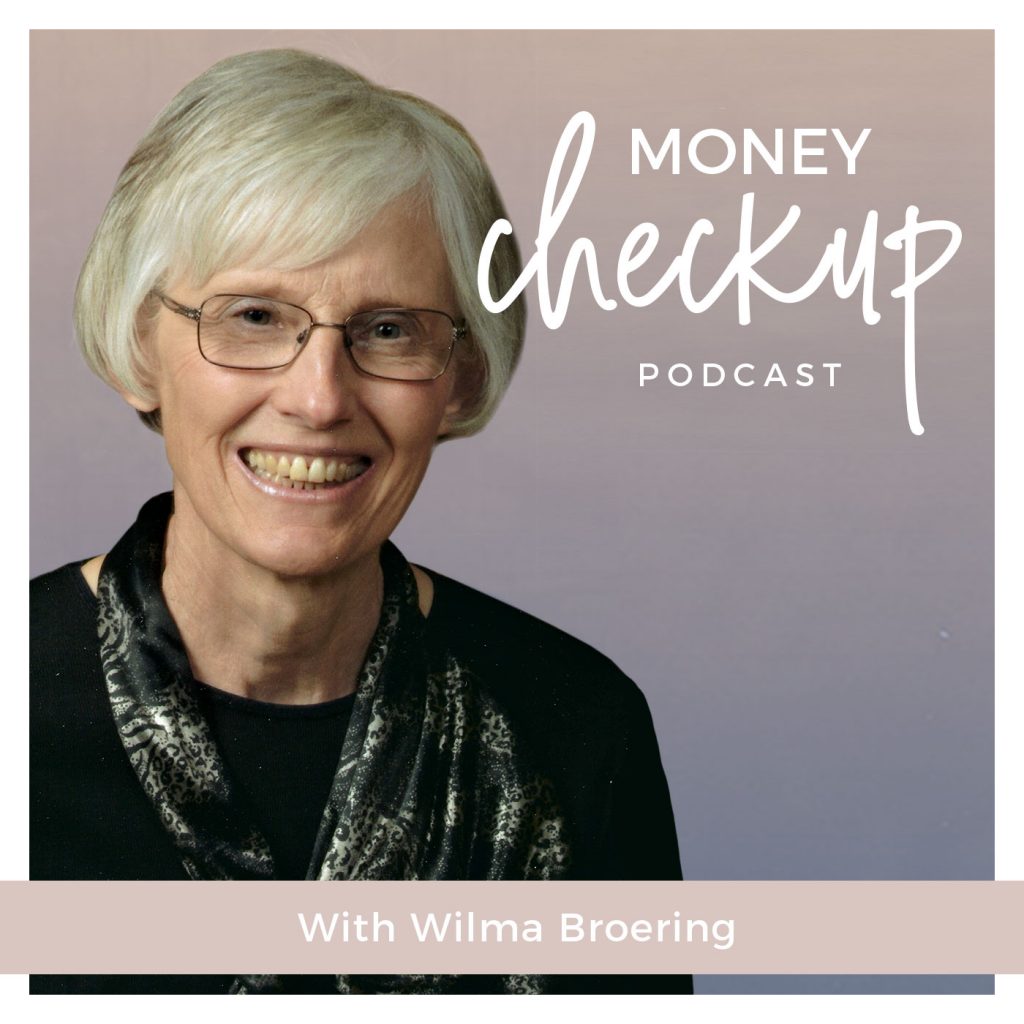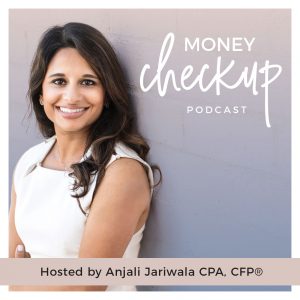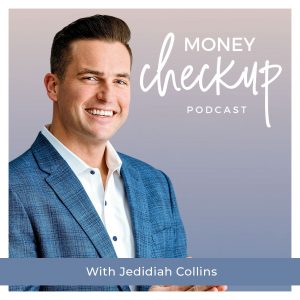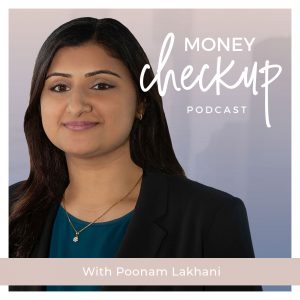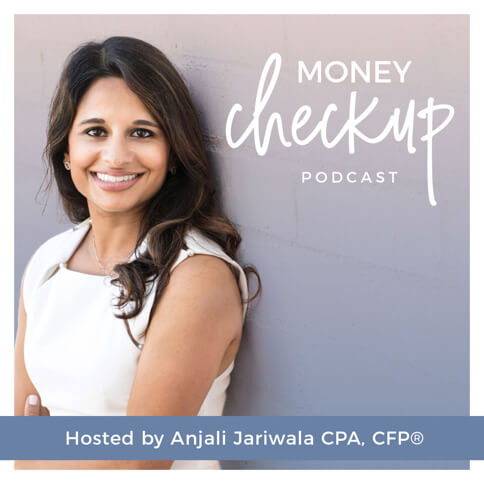Wilma Broering, CFP®, is a financial counselor to military service members. She is dedicated to helping service members navigate the day-to-day challenges of military life, take advantage of their benefits, and save for retirement. She retired from a financial planning practice in 2008, where she served the general population, before narrowing her focus to military members.
“The Department of Defense is passionate about giving you good financial counseling. It’s free. It’s confidential. If you are an active service member, you have free access to somebody like Wilma… and you don’t have to pay a dime.”
Wilma’s daughter, Amy Beaudoin, is our Client Service Associate at FIT Advisors.
KEY RESOURCES REFERENCED IN THIS EPISODE:
- militarypay.defense.gov/BlendedRetirement
- The Rule of 72: https://www.thebalance.com/whats-the-rule-of-72-4040505
ABOUT THE GUEST:
Wilma is a financial counselor to military service members who is well versed in the Department of Defense’s new blended retirement system and the Thrift savings plan. She started her career as a teacher, then became a CERTIFIED FINANCIAL PLANNER™, where she continued to educate people. She retired in 2008 and continues working part-time as well as being an active wife, mother, and grandmother.
EPISODE HIGHLIGHTS:
- If you serve 20 years in the military, either as a reservist or on active duty, you are eligible for a pension. The DOD’s pension used to be 50% of whatever your salary topped out at during your final three years. But in 2018, the change to the “blended retirement system” reduced that pension to 40%. However, they began offering the “Thrift Savings Plan” (TSP), where the DOD will match your retirement contributions up to 4%.
- The burden is on the employer to fund pensions; the burden is on the employee to fund a 401(k), 403(b) or TSP.
- You can roll your 401(k) into the TSP to take advantage of its very low expense ratios.
- TSP offers both a post-tax (Roth) and a pre-tax option. When you are in a combat zone, you are tax-exempt, making it an optimal time to save money in a Roth TSP — you pay no taxes before you make contributions and no taxes when you make withdrawals.
- Base pay is a function of rank. BAH is a basic allowance for housing and BAS is a basic allowance for subsistence. BAH and BAS are not taxed, and can account for a significant portion of service members’ income.
- Wilma recommends regularly logging into TSP.gov and the MyPay website. Through MyPay, you can designate how much of your pay you want to invest in an ordinary or a Roth TSP. In TSP.gov, you can ensure that your contributions are where they should be. For example, the DOD said it would automatically match 3% of members’ pay, but that money was sitting in a fund that acts more like a savings account than a retirement fund. Service members had to manually move it for it to generate expected investment returns.
- Wilma abides by the Rule of 72: Take 72 and divide it by your annual rate of return, and the result will be the number of years it will take to double your investment. An investment with a 4% rate of return will double in 18 years (72 / 4 = 18).
- Military members have access to free financial planning, so take advantage of it yourself or encourage your qualifying friends and family to do so. This includes CPAs at tax season!
- The SCRA (Servicemembers Civil Relief Act) says that, if you have any debt from before you joined the military, the interest rate on that debt must be reduced to 6% or less.
STAY IN THE LOOP WITH US!
Do you receive our weekly e-mail? If not, I encourage you to sign-up on our homepage!
Do you follow us on social media? I’d be honored for your follow on Facebook, LinkedIn, Twitter, Instagram.
Do you enjoy our podcast? Please be sure to let me know and rate the show on iTunes!
If you loved this episode, here’s another I know you’ll enjoy too! #16: Life Insurance with Mark Maurer.
QUOTES FOR SOCIAL SHARING:
“If you are in the military services and you haven’t opened up your TSP, I am shaking my finger at you and saying ‘silly, silly.’”
“Pick the fund that is closest to when you are going to need the money. I still have a significant portion of my investment portfolio in the stock market. I’m 66 years old. Why is that still there? Because I don’t need that money yet.”
“Number one, start saving money for retirement. But equally important is [to] decide where you’re going to save that money.”
“You need to be involved in managing your pot of money: The defined contribution.”
“People don’t understand that there’s a place for risk. To me, people are way too conservative in their investments. I’m not saying you shouldn’t have an emergency fund and I’m not saying you shouldn’t have money set aside for your vacation… but when you’re 20, 30 years old, you’re just signed on with the Navy, take a little risk.”
